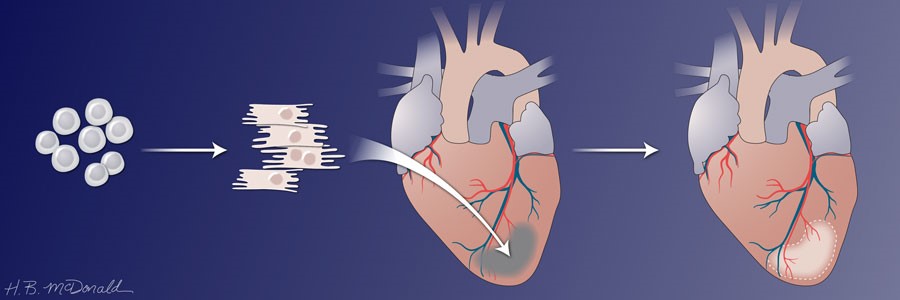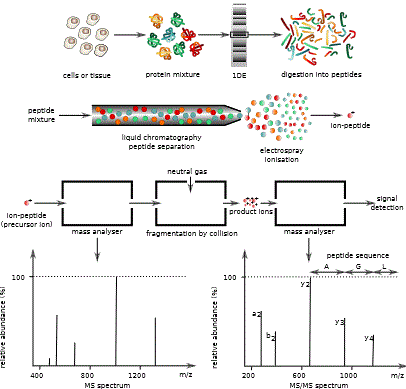Scientific Misconduct Casts Doubt on Basis for a Stem Cell Clinical Trial
You may have read the commentary “Stem Cells Repair Injured Hearts” and then heard about the National Institutes of Health (NIH) decision to suspend a clinical trial using stem cells to treat heart failure due to oxygen deprivation, as occurs in a heart attack. The work highlighted in the commentary is by different authors and … Read more





